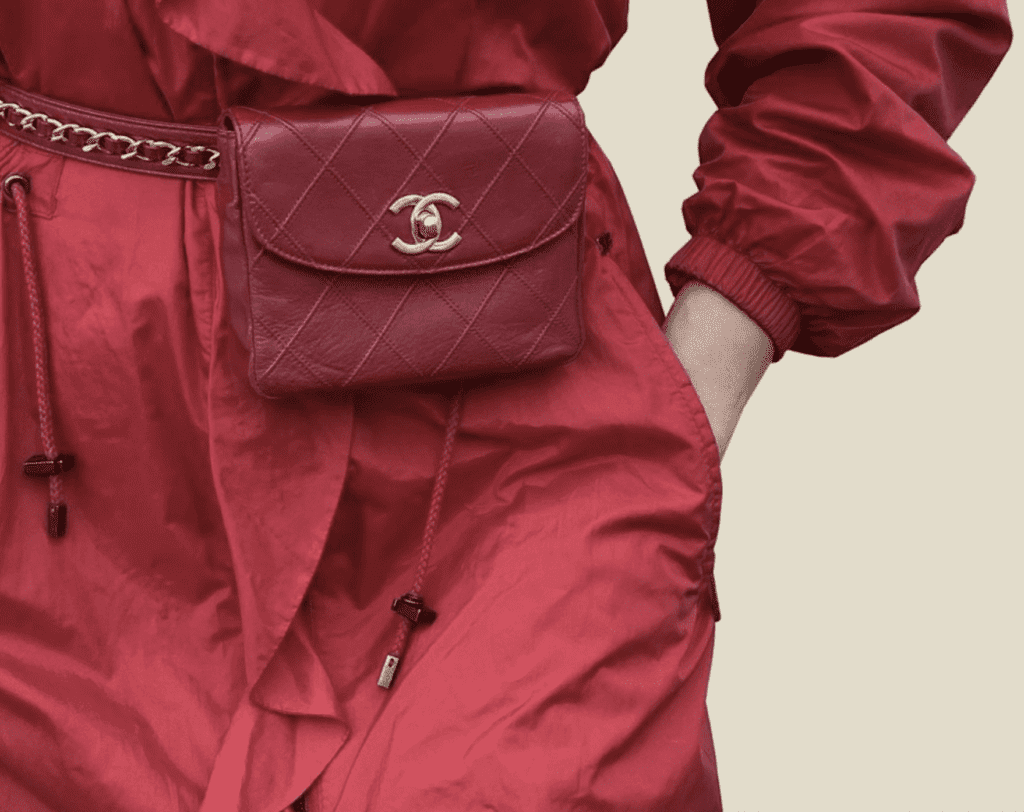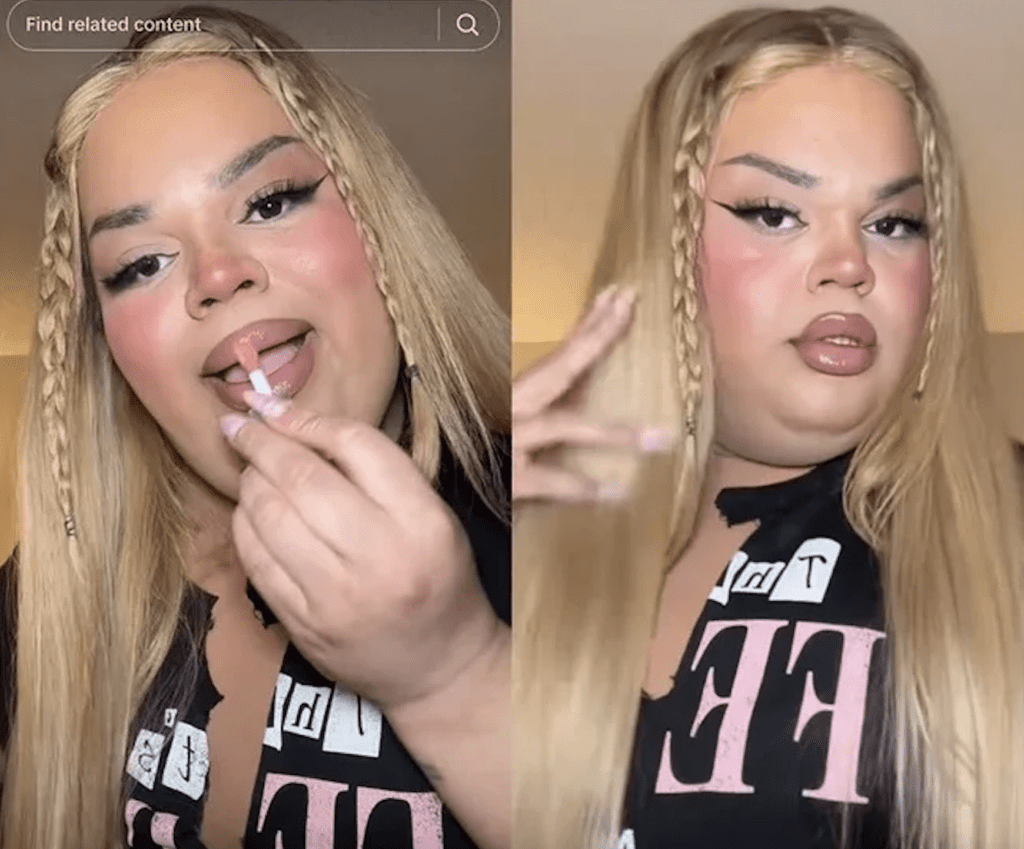Skechers has accused L.L. Bean of copying one of its patent-protected shoe designs, suing the clothing company in New York federal court after it allegedly began making and selling a shoe that has the same sloping heel design as certain shoes that Skechers makes. And while the case focuses on a dispute over an allegedly stolen footwear design, it is representative of a fiercely competitive footwear industry that continues to turn to the courts as new shoe technology increasingly impacts design.
At the center of the new case, which Skechers lodged with the U.S. District Court for the Southern District of New York on Monday, is a “Heel Cup” design that Skechers claims is “unique and eye-catching” because of its “graceful, sweeping, gently rolling lines and slopes.” The Manhattan Beach, California-based footwear company argues that it has “incurred the substantial risk and monumental expense” developing and promoting shoes with the specific design, which it said has sold millions of pairs, only to have L.L. Bean swoop in with its own “infringing shoe.”

Skechers asserts that after its Heel Cup shoes began to gain popularity with celebrities like Martha Stewart, Snoop Dogg, Doja Cat, Willie Nelson and other celebrities helping to advertise its footwear, L.L. Bean entered the market with its own “Freeport shoe” model. That shoe, which L.L. Bean sells for $99 on its website, rips off Skechers’ specialized heel design, the company alleges, and infringes on two of its design patents in the process.
With the foregoing in mind, Skechers is seeking an order and judgment enjoining L.L. Bean from further infringing on its “Heel Cup”-related patents, as well as unspecified damages in connection with the infringement, which would be tripled under 35 U.S.C § 284, along with other remedies.
Shoe Wars: Skechers is no stranger to back-and-forth legal battles over footwear – from cases over its patent-protected designs (of which Skechers has hundreds, according to its complaint) to trademark infringement clashes over logos and copyright controversies that stem from its advertising and marketing materials. And the company has been on both sides of these altercations. For instance, Skechers lodged a trademark infringement lawsuit against Steve Madden last year, shortly after it settled a different trademark case that had been waged against it by Brooks Sports. Those cases centered on footwear bearing the parties’ respective trademarks, namely, shoes displaying a stylized letter “S” logo and the “BEAST” word mark, respectively.
The footwear industry’s legal squabbles are not limited to trademark clashes, of course, particularly as sportswear brands devote more resources to developing new technology for their footwear, which is upping the ante for these companies. This is giving rise to high-stakes patent filing and enforcement activities.
In November, for example, Nike sued Skechers (along with New Balance) after the latter companies allegedly infringed its patented Flyknit footwear technology, which “provides a novel method of designing and manufacturing shoe uppers that enables Nike to create footwear with excellent performance, design, and aesthetics,” according to Nike’s complaints. The Oregon-based sportswear titan alleged that more than two dozen Skechers models make use of the novel tech claimed in the patents at issue.
In a separate patent suit that got its start in 2018, adidas alleged that Skechers copied protected elements of its Springblade midsole, meant to propel runners forward and improve performance.
Meanwhile, upstart footwear brands like Hoka, On Running, and others are relying heavily on novel technologies for their increasingly popular shoe models in order to gain a competitive advantage over older, more traditional running shoe brands. Shoes like On Running’s Cloudboom Strike LS, which leverages novel sustainable manufacturing methods and advanced customized fitting tech, and Hoka’s Speedgoat 6, which bears a “revised lug orientation inspired by the hoof of a goat,” are just a couple of examples of tech-centric advances being made in the footwear space. But in addition to turning out increasingly competitive designs, the corresponding legal protections that these companies are amassing to monopolize those designs and the underlying tech means that competition – and the potential for litigation – in the footwear industry is likely only going to get more heated.
When taken as a whole, the deluge of trademark, patent, and copyright battles between various big name, big money footwear brands not only illustrates the cutthroat competition in the sneaker market – which was valued at approximately $72.7 billion in 2022 and forecast to reach a value of over $100 billion dollars over the next decade – but also the emerging role footwear technology is playing in that world.
The case is Skechers U.S.A., Inc v. L.L. Bean, Inc., 1:24-cv-05336 (SDNY).











